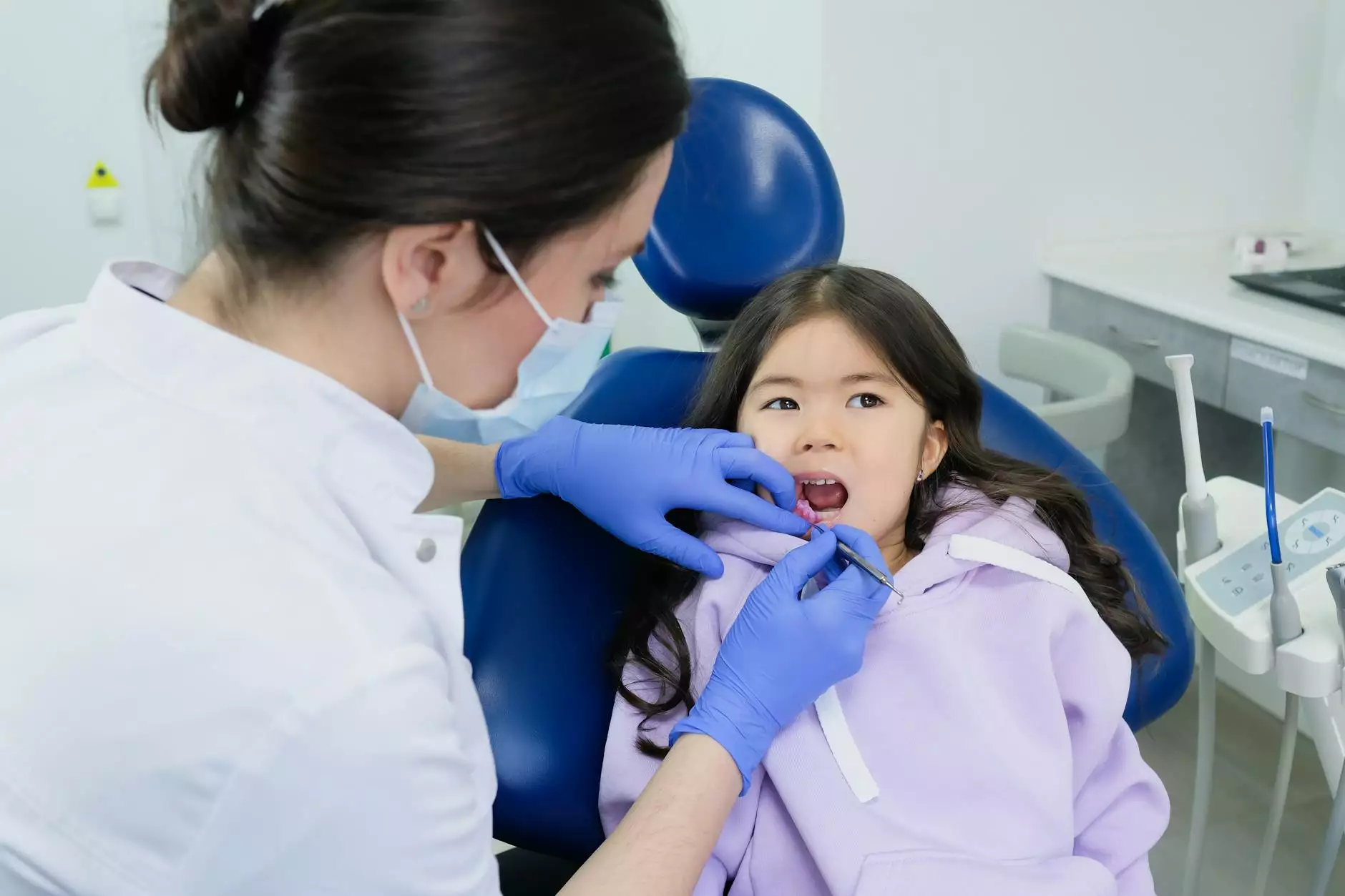Comprehensive Guide to Horse Meds: Ensuring Optimal Equine Health & Well-Being

Horses are majestic and valuable companions who require meticulous care, especially when it comes to their health. Proper administration of horse meds is critical not only for treating illnesses but also for preventing disease, managing pain, and maintaining overall vitality. At kihorsemed.co, we recognize the importance of providing detailed, trustworthy information to veterinarians, horse owners, and caretakers dedicated to ensuring their equine friends' longevity and health. This comprehensive guide explores every facet of horse meds — from types and administration to safety protocols and innovative trends in veterinary medicine.
Understanding the Importance of Proper Horse Meds
Administering the correct horse meds is a fundamental aspect of equine healthcare. Whether for routine vaccination, managing chronic conditions, or addressing acute illnesses, the choice of medication directly influences the horse’s recovery, performance, and quality of life. Proper medication management helps in:
- Preventing disease outbreaks through vaccinations and prophylactic treatments
- Controlling pain and inflammation for post-surgical or injury recovery
- Treating infections caused by bacteria, viruses, or parasites
- Supporting metabolic and nutritional health
- Enhancing performance and stamina in competitive environments
Types of Horse Meds: An Essential Classification
The realm of horse meds encompasses a wide array of pharmaceuticals, each tailored to specific health needs. Understanding these categories is vital for effective treatment and management:
1. Vaccines
Vaccination plays a pivotal role in disease prevention. Common vaccines include those against influenza, strangles, tetanus, rabies, and equine herpesvirus. Proper vaccine protocols are determined by geographic location, horse use, and risk level.
2. Antibiotics and Antimicrobials
Used to combat bacterial infections, antibiotics such as penicillin, tetracyclines, and sulfonamides are administered based on pathogen susceptibility. Judicious use is crucial to prevent resistance development.
3. Anti-inflammatory and Pain Medications
To manage pain and inflammation, medications like non-steroidal anti-inflammatory drugs (NSAIDs) including phenylbutazone and flunixin meglumine are commonly used. They are essential in post-operative care and injury recovery.
4. Dewormers and Parasite Control
Strategic deworming protocols involve anthelmintics like ivermectin, moxidectin, and praziquantel, tailored to parasite burdens identified via fecal tests.
5. Hormones and Reproductive Medications
Medications like oxytocin facilitate parturition, while reproductive hormones assist in breeding programs or hormonal balance management.
6. Nutritional Supplements and Medicated Feeds
These include vitamin, mineral, and electrolyte supplements, as well as medicated feeds designed to address deficiencies or specific health conditions.
Key Considerations When Using Horse Meds
Ensuring the safe and effective use of horse meds requires careful attention to various factors, including dosage, administration routes, timing, and withdrawal periods.
Accurate Diagnosis
Before administering any medication, a thorough veterinary diagnosis is essential to identify the exact health issue.
Correct Dosage and Administration
Using the prescribed dose is critical. Overmedication can cause toxicity, while underdosing might lead to ineffective treatment. Administration routes include oral, intramuscular, intravenous, or topical, selected based on drug properties and condition severity.
Monitoring and Follow-Up
Regular monitoring during treatment ensures that the medication is effective and allows for dose adjustments if necessary. Post-treatment follow-up helps prevent relapses or complications.
Withdrawal Periods
For horses involved in food production or competitions, adherence to withdrawal times before slaughter or competition is mandatory to prevent drug residues.
Safety Protocols and Best Practices for Horse Meds
Proper handling and administration of horse meds safeguard both the animal and the caretaker. Consider these best practices:
- Secure Storage: Store medications in a cool, dry place, away from children and unauthorized personnel.
- Proper Labeling: Clearly label all containers with drug name, dosage, expiration date, and administration instructions.
- Follow Veterinary Guidance: Always adhere to veterinarian instructions regarding dosage, timing, and administration method.
- Clean Hands and Equipment: Maintain hygiene to prevent contamination and infection.
- Observe for Adverse Reactions: Monitor horses post-administration for signs of allergic reactions or side effects.
Advances and Trends in Veterinary Medicine for Equine Care
Innovation is continually shaping the landscape of horse meds. Recent advancements include:
- Biotechnological Vaccines: Enhanced efficacy and longer-lasting immunity through recombinant and DNA-based vaccines.
- Targeted Therapy: Precision medicine approaches that focus on specific pathogens or genetic markers.
- Digital Monitoring: Wearable devices and GPS trackers aid in early detection of health issues and optimal medication timing.
- Natural and Alternative Remedies: Exploring herbal medicines and integrative therapies alongside traditional pharmaceuticals.
Finding Trusted Suppliers of Horse Meds in the Industry
Partnering with reputable vendors such as kihorsemed.co ensures quality, safety, and compliance with regulatory standards. When selecting suppliers, consider:
- Product Authenticity: Verify that medications are genuine and sourced from certified manufacturers.
- Regulatory Compliance: Ensure products meet national and international veterinary medicine regulations.
- Customer Support and Guidance: Seek vendors who provide expert advice and technical support.
- Bulk Purchase Options: For large farms or clinics, reliable suppliers offer competitive pricing and inventory management.
Conclusion: Committing to Excellence in Equine Healthcare with the Right Horse Meds
Maintaining the health and well-being of horses hinges on informed decisions regarding horse meds. It is a collaborative effort involving veterinarians, caretakers, and suppliers to ensure that all treatments are safe, effective, and tailored to each horse's unique needs. Embracing advancements in veterinary medicine, adhering to safety protocols, and utilizing high-quality products from trusted sources like kihorsemed.co are the keys to excellence in equine health management.
By prioritizing education, precision, and compassion in medication administration, we foster a future where every horse receives the best possible care, enabling them to thrive in health, happiness, and performance for years to come.









